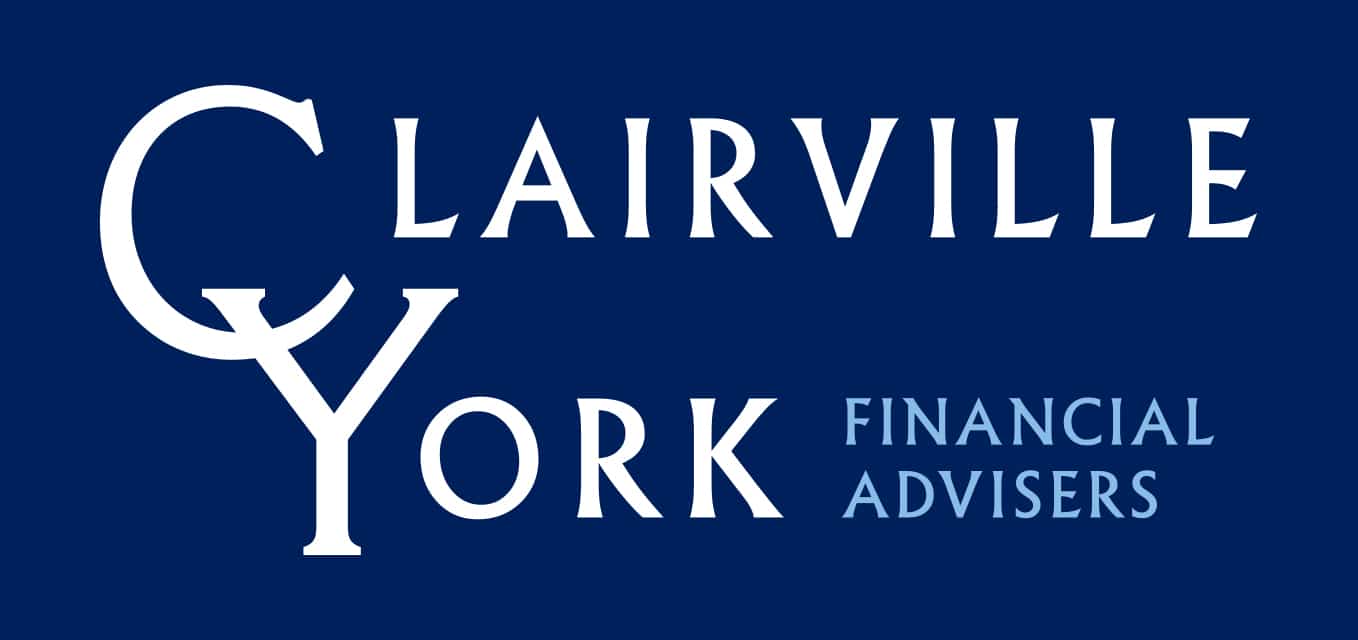It is flattering to be invited to become a trustee of a charity, but the role does entail responsibilities – and potential liability.
Some charities are incorporated, like limited companies, and others are not. In the same way as shareholders in limited companies, trustees of incorporated charities are not personally responsible for any of the charity’s liabilities – unless, that is, they have been involved in any irregularities.
The same freedom from liability does not apply to trustees of unincorporated charities and partners in traditional partnerships, who are liable personally for any outstanding liabilities, though charity trustees can use the assets of the charity before dipping into their own pockets.
Trustees of unincorporated charities who are concerned at this prospect could with appropriate legal advice convert their charity to incorporated status, but before doing so they should check to see what insurance policies the charity might have in place.
Investments made by a charity could be a potential source of risk, and in this respect legislation in both England and Scotland requires that trustees must obtain “proper advice” if they themselves do not possess the necessary expertise. The investments must also be suitable for the requirements of the trust and diversified between different types of investment, notably shares and government and corporate bonds, property and cash.
The tax efficiency of investments is another consideration, and in this respect advice will be required from an IFA as to the most appropriate “tax-wrapper” in which the investments should be held.

